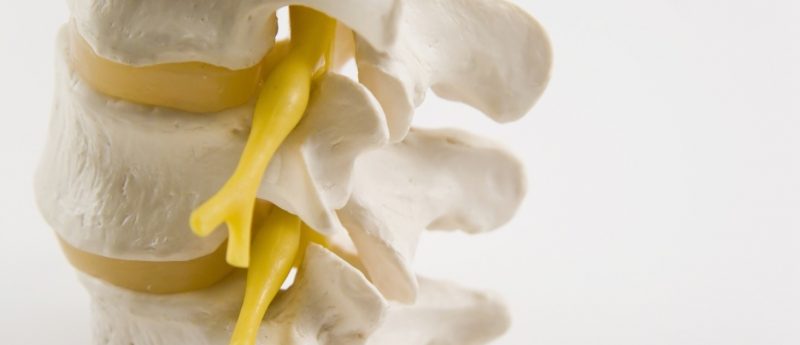Safety of cell transplantation examined in spinal cord injury patients

Personalized cell therapy technique shows promise in chronic complete paraplegia
Recent advances in cell transplantations for patients who have suffered spinal cord injury remain in initial stages, with disparity in techniques, administration and patient selection criteria leading to confusion.
In a small clinical trial led by Jesús Vaquero (Hospital Puerta de Hierro-Majadahonda and Autonomous University, Spain), 12 patients with complete and chronic paraplegia were administrated with personalized expanded autologous bone marrow mesenchymal stromal cells (MSCs) supported in autologous plasma. An additional set of MSCs were administered 3 months later via lumbar puncture into the subarachnoid space. Clinical, urodynamic, neurophysiological and neuroimaging outcomes were evaluated at 3, 6, 9 and 12 months post-surgery.
Overall, all patients were observed to experience improvement, primarily in sensitivity and sphincter control. Infralesional motor activity was obtained in more than 50% of the patients. Decreases in spasms, spasticity and improvements in sexual findings were also reported.
From these findings, the researchers concluded their cell transplantation technique to be a safe procedure with promise for future development.
Source: Vaquero J, Zurita M, Rico M, et al. An approach to personalized cell therapy in chronic complete paraplegia: The Puerta de Hierro phase I/II clinical trial. Cytotherapy. 18(8): 1025—1036 (2016)